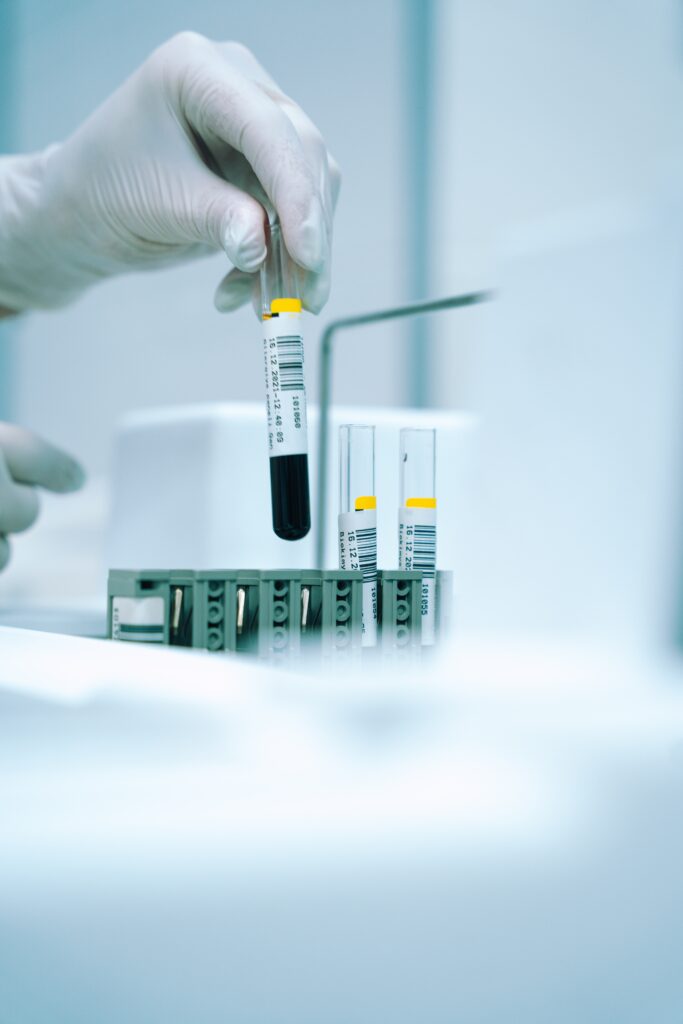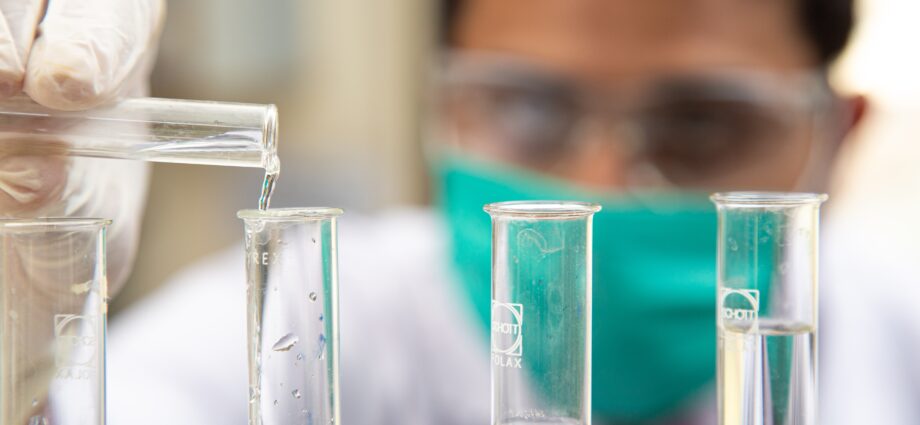Laboratory glassware is an essential component of scientific research and experimentation. Glassware is used to measure and manipulate chemicals and samples, and it plays a crucial role in ensuring the accuracy and reliability of scientific results. In this article, we will explore the various types of laboratory glassware, their advantages, and their usage with MyLab.
Beakers
Beakers are cylindrical vessels with a flat bottom and a spout. They come in various sizes, from small to large, and are used for measuring and mixing liquids. The advantage of using a beaker is that it has a wide mouth, which makes it easy to pour and transfer liquids. Beakers are used in various scientific fields, including chemistry, biology, and physics.
Flasks
Flasks are similar to beakers in shape but have a narrow neck and a round body. They are used for mixing, heating, and storing liquids. The advantage of using a flask is that it can be easily stoppered, which helps to prevent contamination. Flasks come in different types, including Erlenmeyer flasks, Florence flasks, and boiling flasks, each with its specific use.
Pipettes
Pipettes are used to measure and transfer precise amounts of liquid. They come in various types, including volumetric pipettes, micropipettes, and serological pipettes. The advantage of using a pipette is that it is highly accurate and precise, which is crucial in scientific research. Pipettes are commonly used in the fields of biology, chemistry, and medicine.

Burettes
Burettes are long, narrow, cylindrical tubes used for precise measurement of liquids. They are commonly used in analytical chemistry to measure the volume of solutions used in titration experiments. The advantage of using a burette is that it provides highly accurate measurements of liquid volume. Burettes are an essential tool in analytical chemistry.
Graduated Cylinders
Graduated cylinders are cylindrical tubes used to measure the volume of liquids. They come in various sizes, and the volume is measured based on the markings on the cylinder. The advantage of using a graduated cylinder is that it provides highly accurate measurements of liquid volume. Graduated cylinders are commonly used in chemistry, biology, and physics.
Test Tubes
Test tubes are small, cylindrical tubes used to hold and mix small amounts of liquids. They come in various sizes and are made of glass or plastic. The advantage of using a test tube is that it is highly versatile and can be used in various scientific fields. Test tubes are commonly used in chemistry, biology, and medicine.
In conclusion, laboratory glassware is an essential component of scientific research and experimentation. It plays a crucial role in ensuring the accuracy and reliability of scientific results. Different types of laboratory glassware have different advantages and uses, depending on the specific needs of the experiment. By understanding the various types of laboratory glassware, scientists can choose the appropriate glassware for their experiments, ensuring accurate and reliable results.

